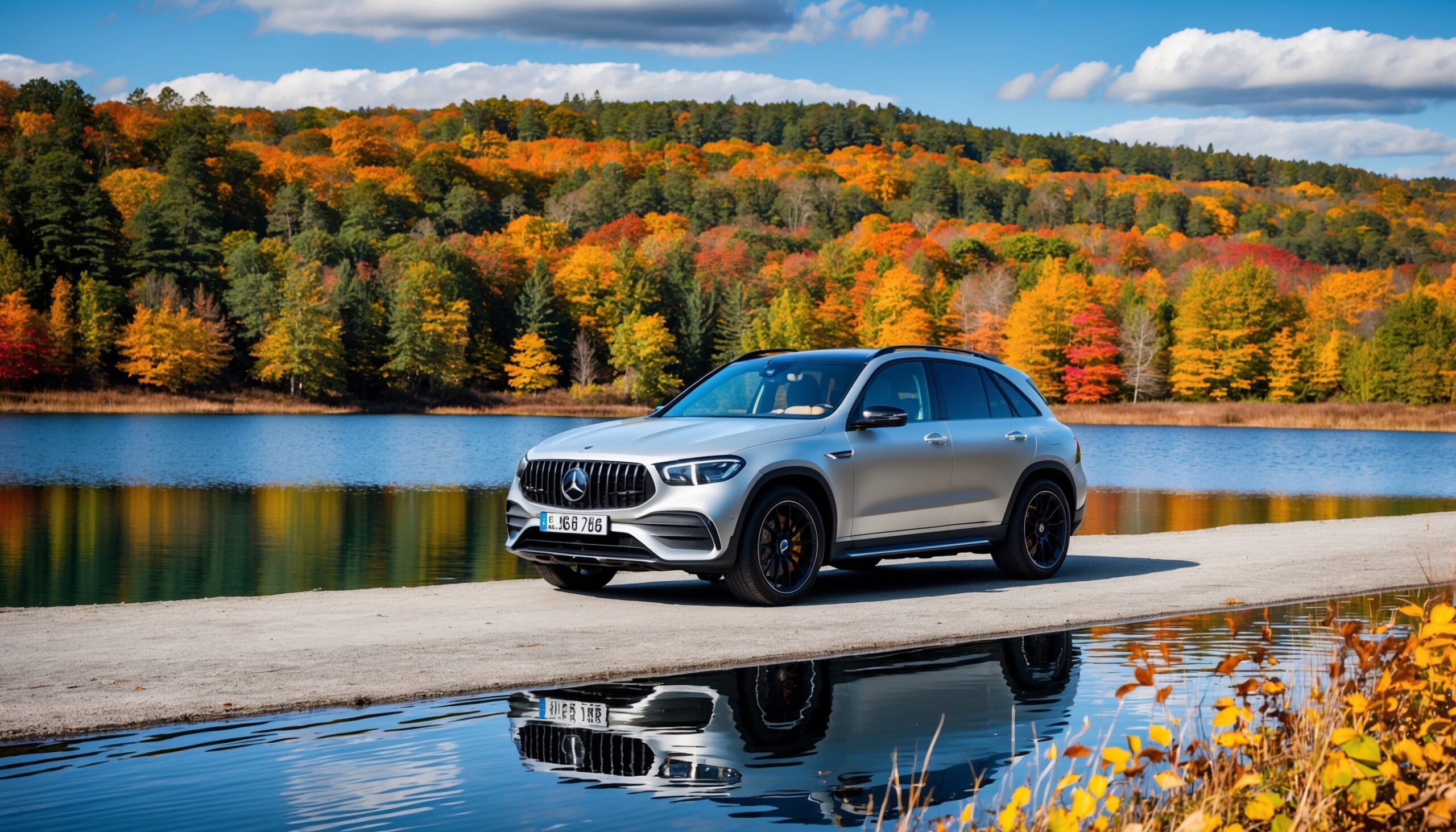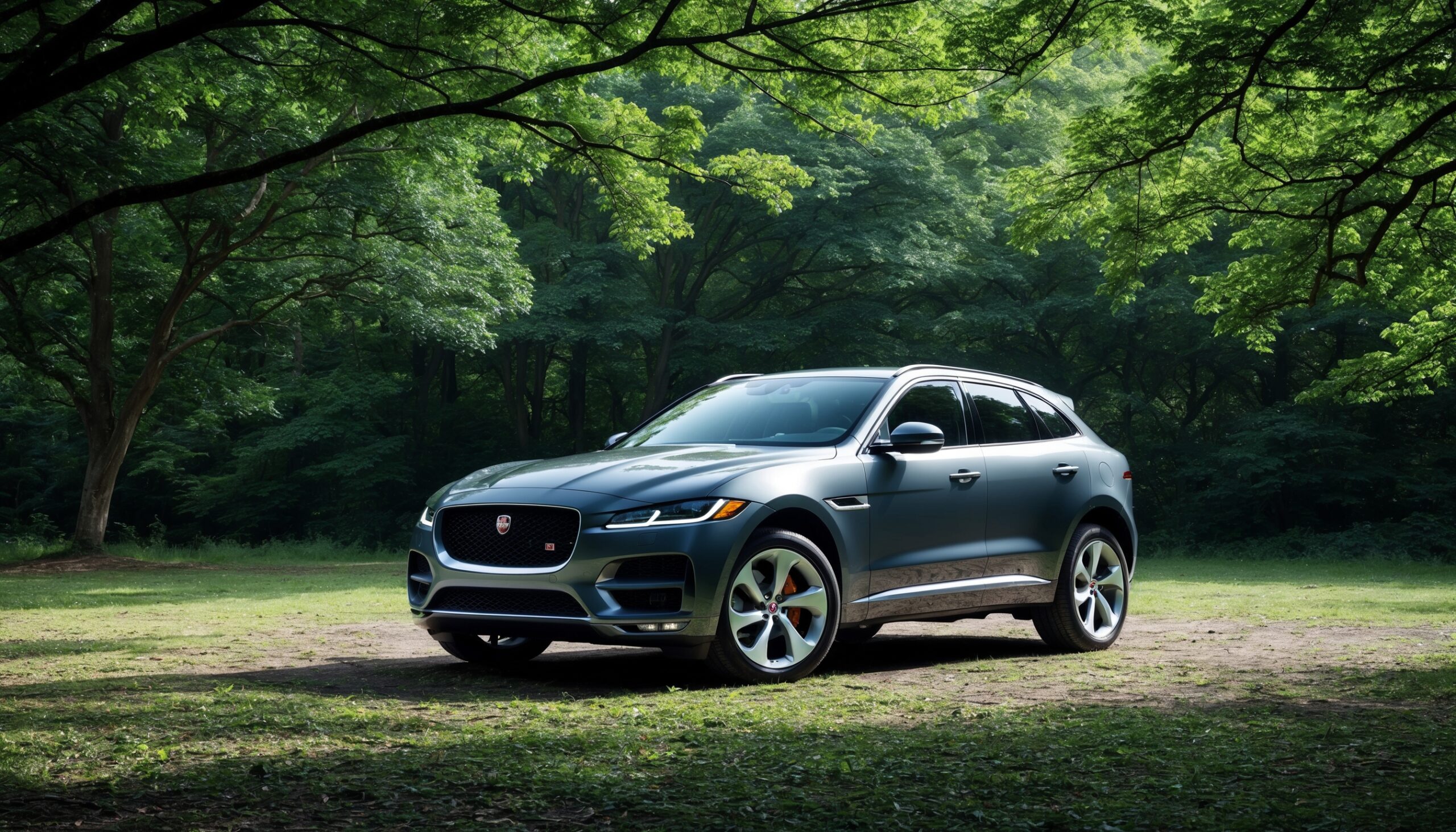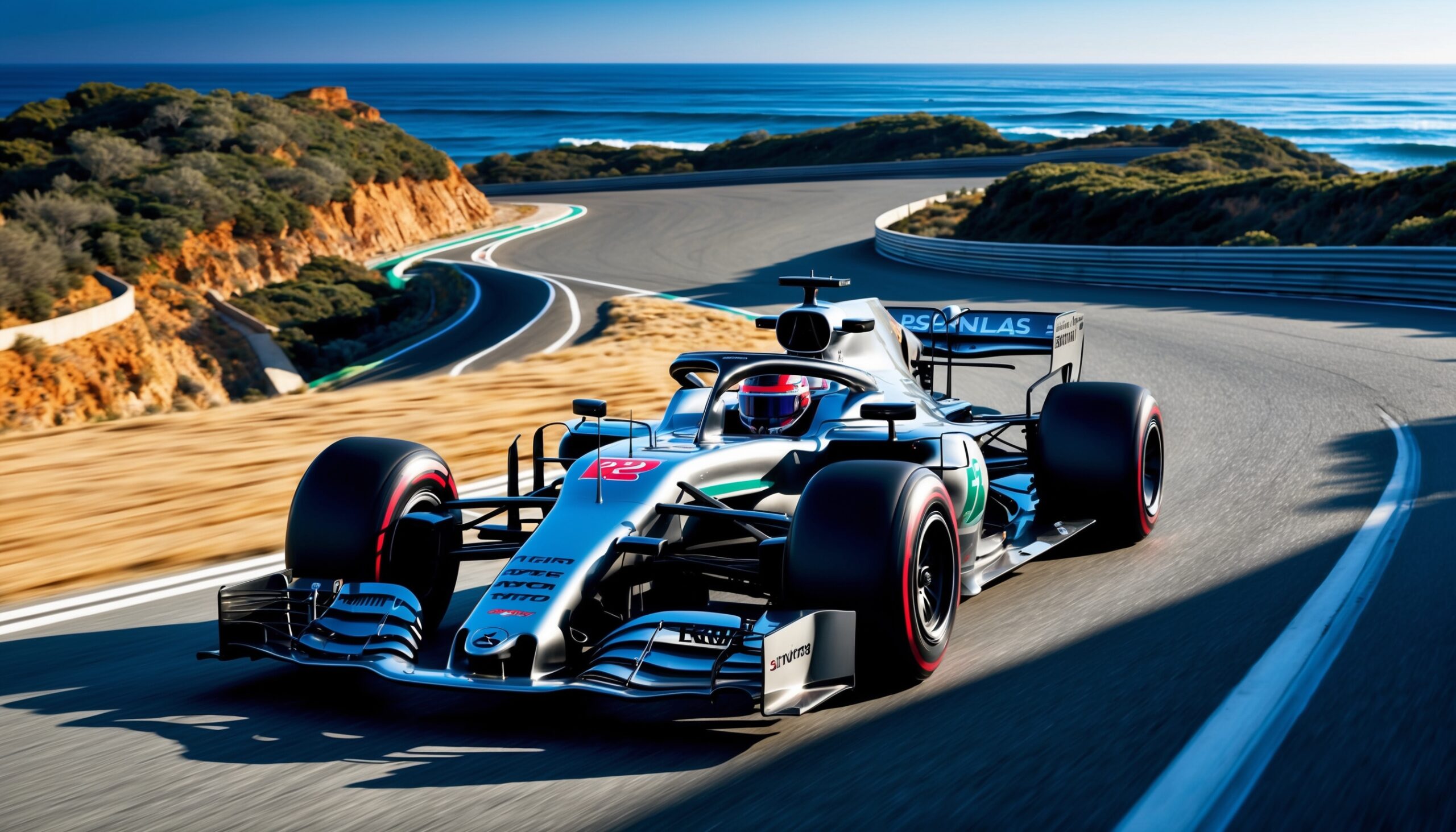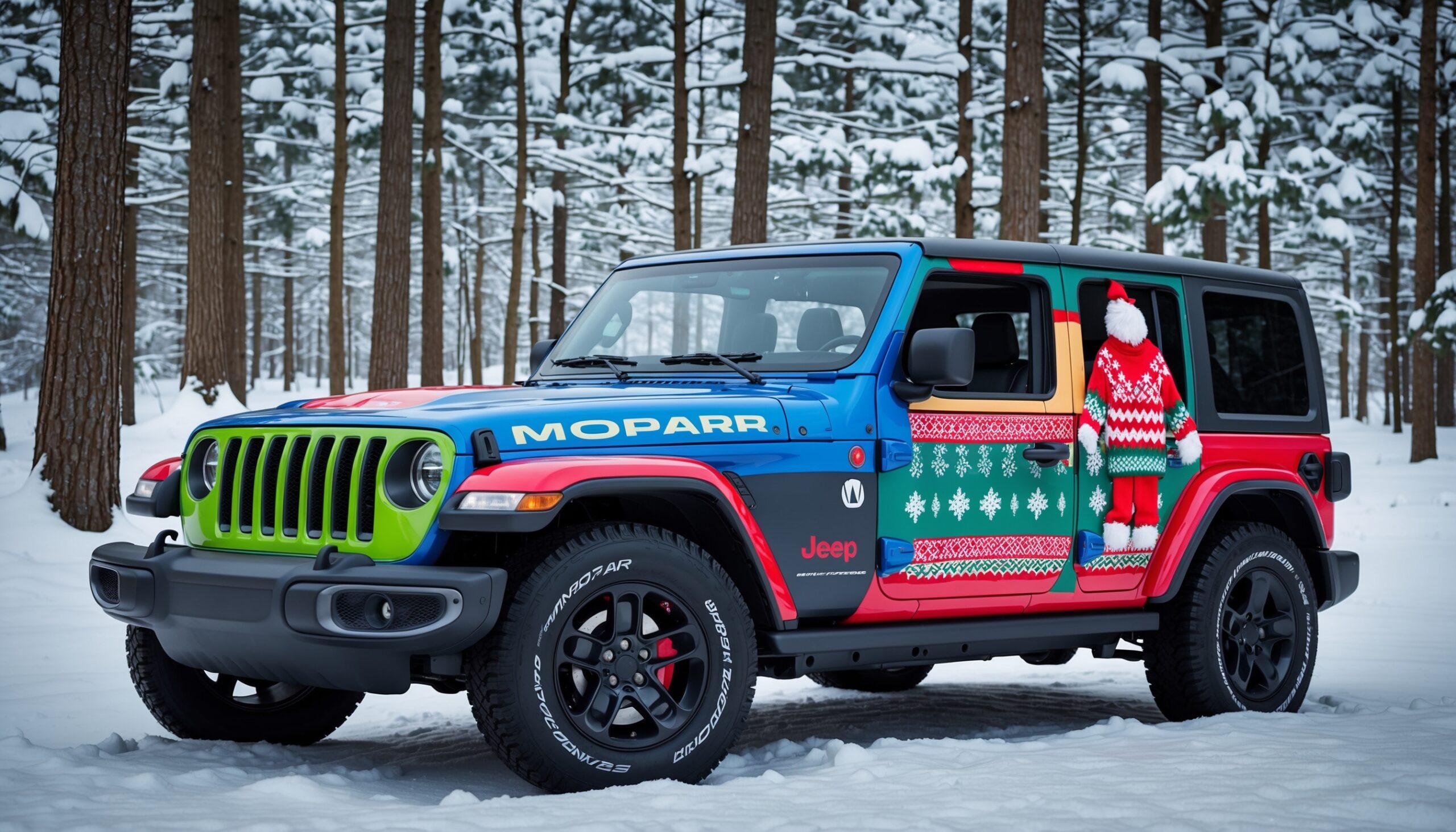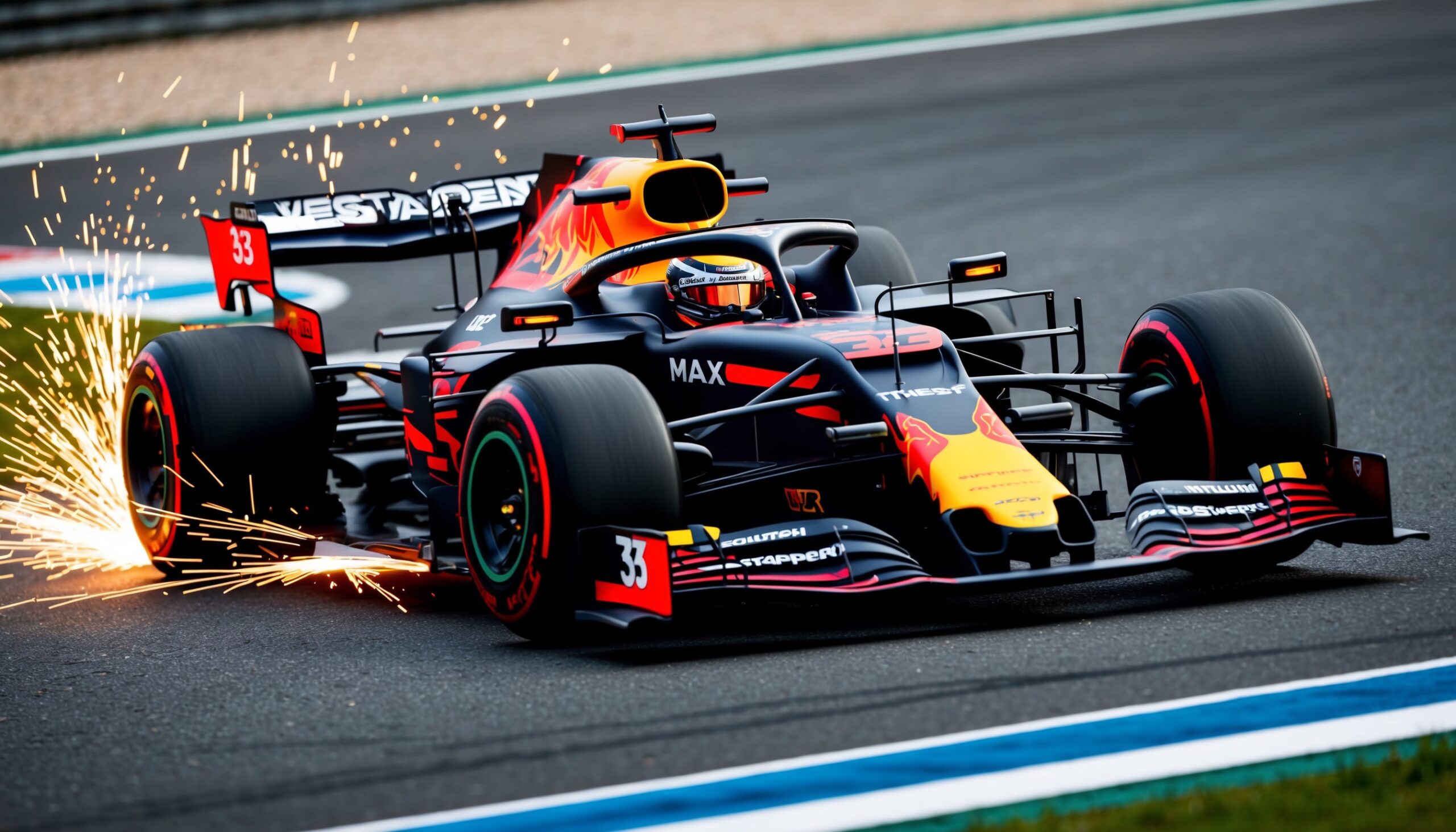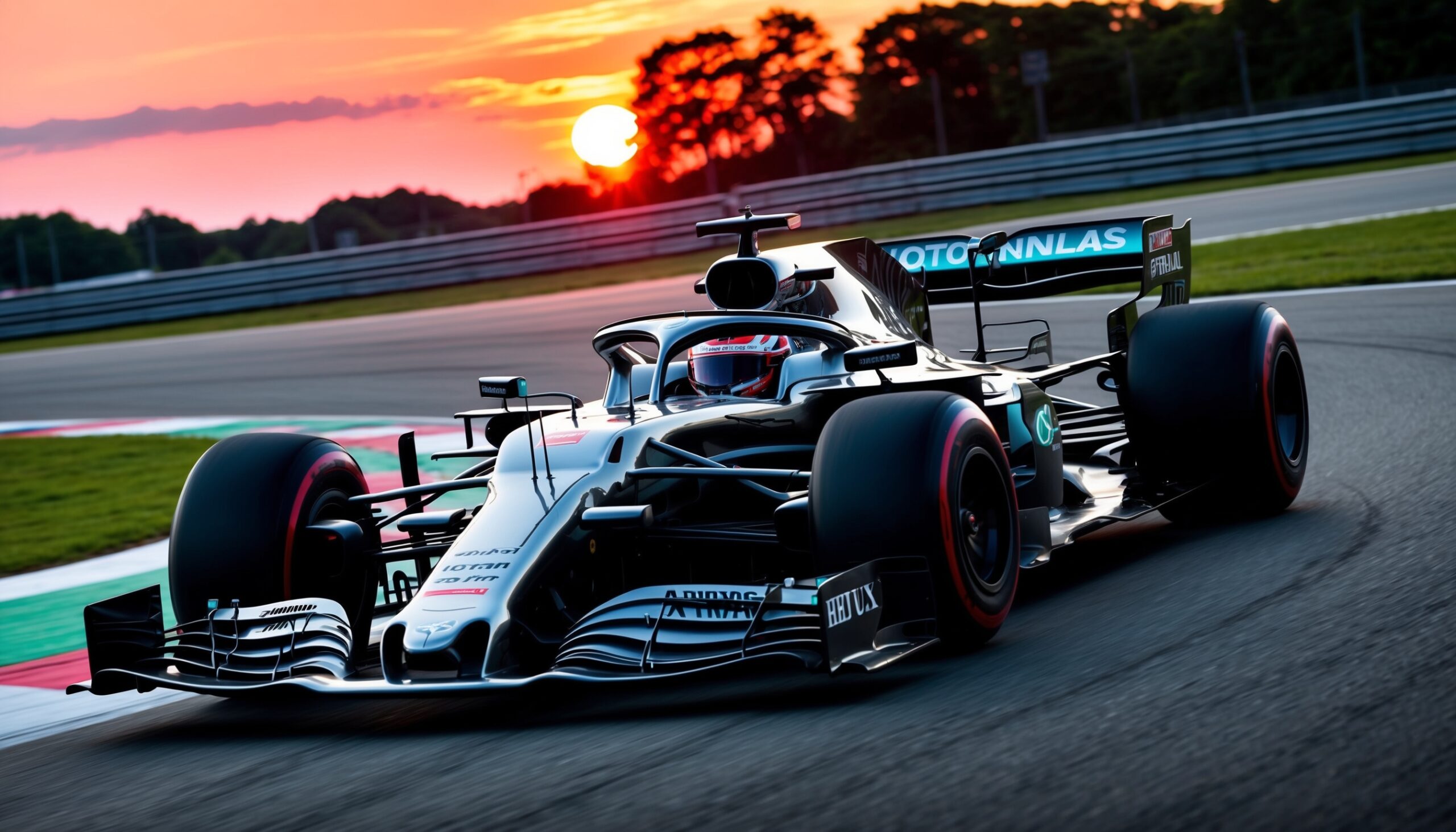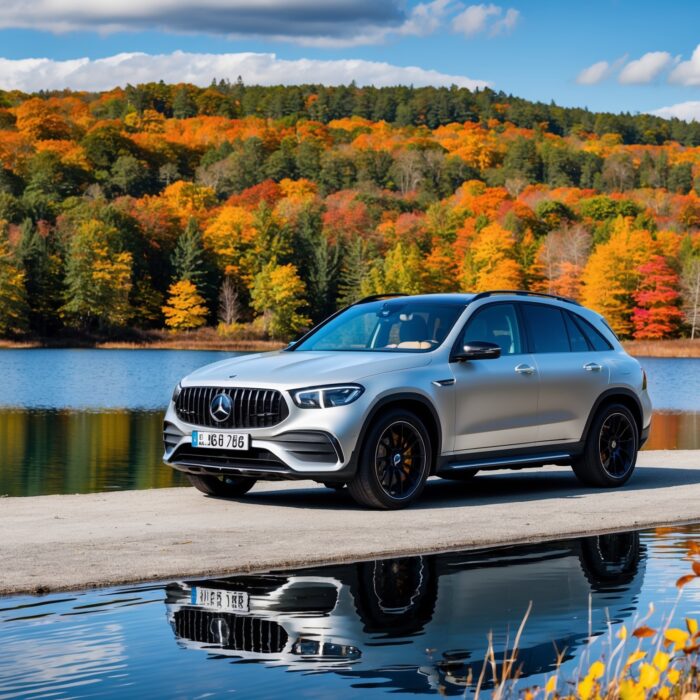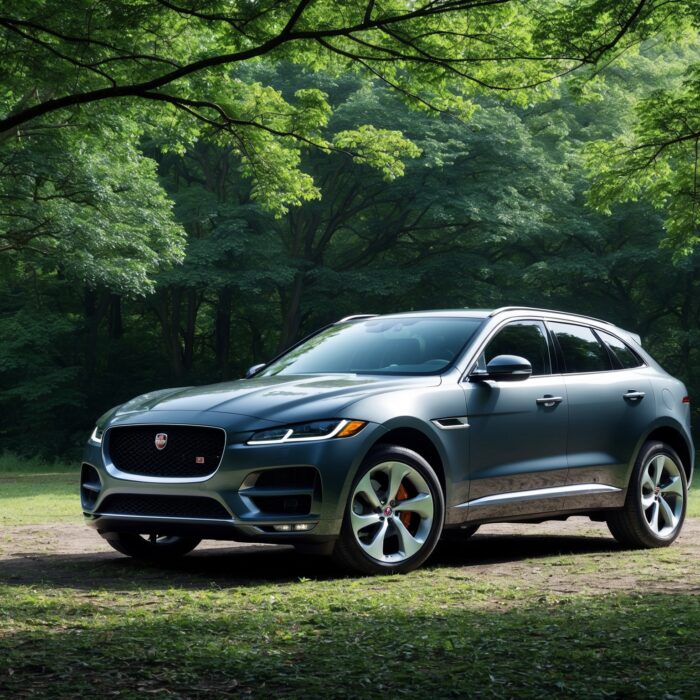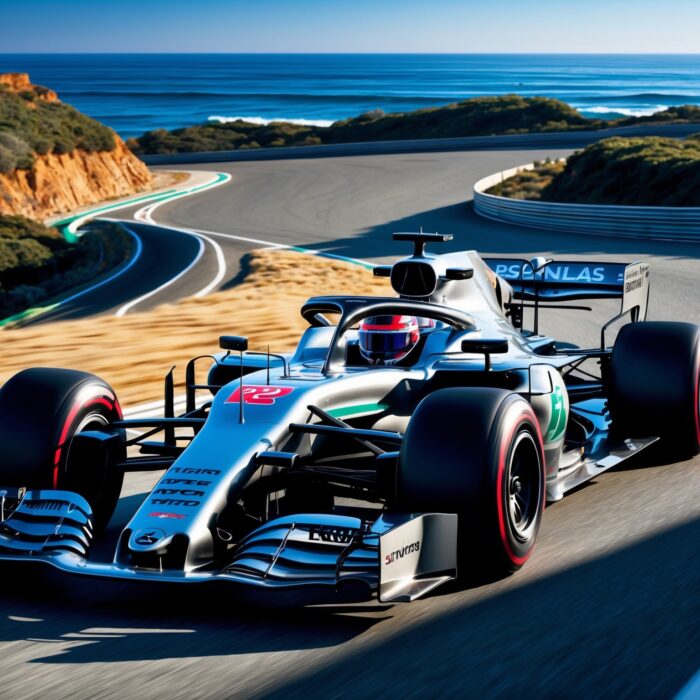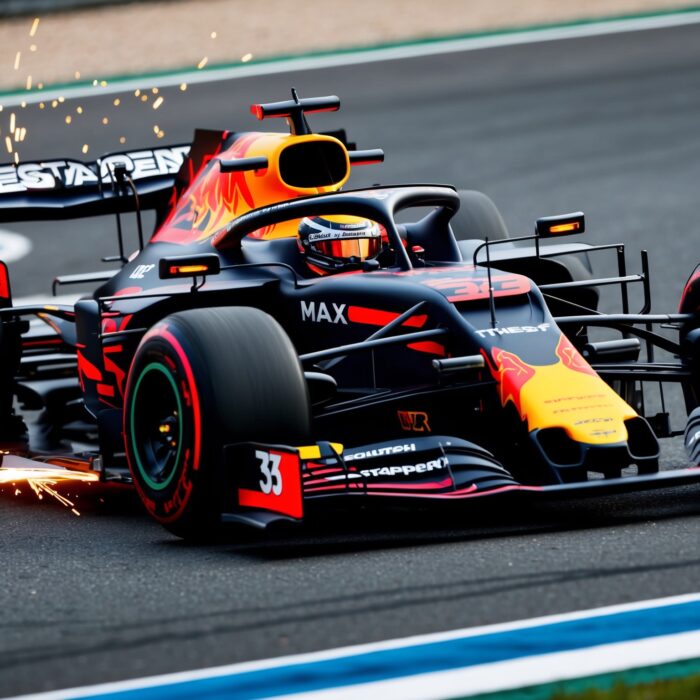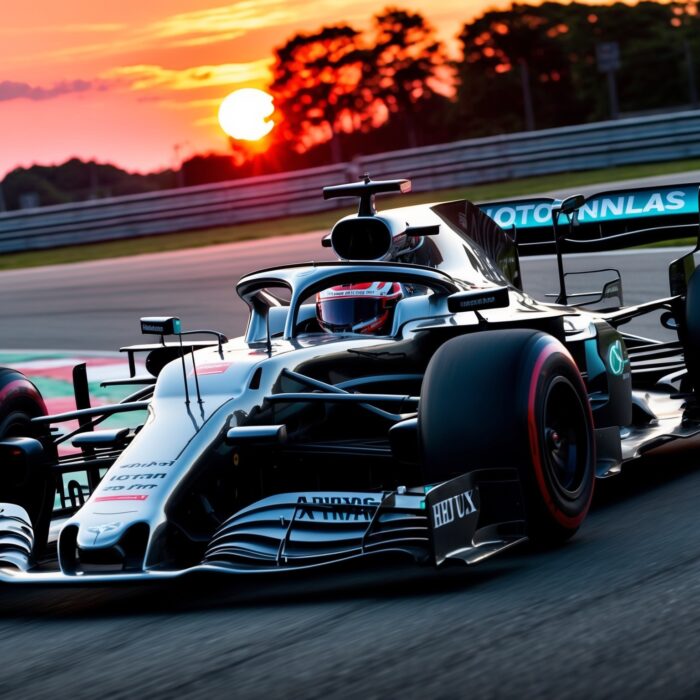Hyundai Tucson vs Nissan Rogue – Which Compact SUV Delivers More Value for Your Money?
Overview of both cars
- Hyundai Tucson: The Hyundai Tucson is a compact SUV known for its stylish design, spacious interior, and a robust suite of technology and safety features. With its recent redesign, the Tucson has solidified its place in the competitive SUV market, appealing to families and solo drivers alike.
- Nissan Rogue: The Nissan Rogue stands out in the compact SUV segment with its comfortable ride, practical interior space, and a focus on fuel efficiency. The Rogue combines modern aesthetics with advanced safety technology, making it a strong contender for those seeking a reliable family vehicle.
- Key differences: While both vehicles offer spacious interiors and a wealth of features, the Tucson leans towards a sportier design with a more tech-forward interior, whereas the Rogue prioritizes comfort and fuel efficiency. Additionally, their engine options and driving dynamics set them apart, catering to different driving preferences.
Quick Specs Comparison
| Specification | Hyundai Tucson | Nissan Rogue |
|---|---|---|
| Engine | 2.5L I4 | 1.5L Turbo I3 |
| Horsepower | 187 hp | 201 hp |
| Torque | 178 lb-ft | 225 lb-ft |
| Fuel Economy | 26/33 mpg (city/highway) | 28/35 mpg (city/highway) |
| Cargo Space | 38.7 cu ft | 36.5 cu ft |
| Starting Price | $26,450 | $28,000 |
Hyundai Tucson vs Nissan Rogue 

Comparison Image: Split-view of both models
Tip: See Quick Specs below for detailed differences.
Tip: See Quick Specs below for detailed differences.
Exterior & Design
- Styling:
- Hyundai Tucson: The Tucson features a bold design with sharp lines, a distinctive front grille, and a sporty silhouette. Its contemporary look is enhanced by LED headlights and taillights, giving it a modern touch that stands out on the road.
- Nissan Rogue: The Rogue showcases a more traditional SUV appearance, characterized by a robust stance and a prominent V-motion grille. Its design is elegant yet practical, making it appealing to buyers looking for a classic SUV aesthetic.
- Dimensions:
- Hyundai Tucson: The Tucson measures 182.3 inches in length, 73.4 inches in width, and 65.4 inches in height, giving it a compact yet spacious profile.
- Nissan Rogue: The Rogue is slightly larger, coming in at 183 inches long, 72.4 inches wide, and 66.5 inches tall, providing a bit more presence on the road.
- Wheels:
- Hyundai Tucson: Offers a range of wheel sizes from 17 to 19 inches, with stylish alloy options available.
- Nissan Rogue: Comes standard with 17-inch wheels, with available 19-inch options that enhance its sporty profile.
Interior & Comfort
- Seating:
- Hyundai Tucson: The Tucson offers comfortable seating for up to five passengers, with supportive front seats and ample legroom in the rear.
- Nissan Rogue: The Rogue also seats five, but its rear seats are slightly more spacious, allowing for better legroom and headroom.
- Technology:
- Hyundai Tucson: Features a user-friendly 10.25-inch touchscreen infotainment system with Apple CarPlay and Android Auto compatibility, complemented by available wireless charging.
- Nissan Rogue: Comes with a standard 8-inch touchscreen and an available 9-inch version; it also offers Nissan’s ProPILOT Assist for semi-autonomous driving.
- Materials and Build Quality:
- Hyundai Tucson: The interior is well-crafted with high-quality materials and a modern design, making it feel upscale.
- Nissan Rogue: Features a more conservative design with quality materials, but it offers practicality with numerous storage compartments.
Performance & Driving Experience
- Engine Performance:
- Hyundai Tucson: Powered by a 2.5L I4 engine, the Tucson delivers 187 hp and offers a balanced driving experience with a focus on comfort.
- Nissan Rogue: The Rogue’s 1.5L turbocharged I3 engine produces 201 hp, providing quicker acceleration and a sportier feel.
- Driving Dynamics:
- Hyundai Tucson: The Tucson is tuned for comfort, with a smooth ride and composed handling, making it ideal for daily commutes and long journeys.
- Nissan Rogue: The Rogue offers a more engaging driving experience with responsive steering and a confident road presence.
- All-Wheel Drive:
- Hyundai Tucson: Offers an all-wheel-drive (AWD) option that enhances traction and stability in various driving conditions.
- Nissan Rogue: Also provides AWD, which is well-regarded for its effectiveness in inclement weather.
Fuel Economy
- Hyundai Tucson: The Tucson achieves an estimated fuel economy of 26 mpg in the city and 33 mpg on the highway, making it competitive in its class.
- Nissan Rogue: The Rogue excels in fuel efficiency, offering 28 mpg in the city and 35 mpg on the highway, which is a significant advantage for budget-conscious buyers.
- Hybrid Options:
- Hyundai Tucson: Offers a hybrid variant that enhances fuel efficiency further.
- Nissan Rogue: Also has a hybrid version, catering to environmentally conscious consumers looking for improved fuel economy.
Safety & Technology
- Safety Ratings:
- Hyundai Tucson: Has received high safety ratings from the IIHS and NHTSA, thanks to its robust safety features.
- Nissan Rogue: Also boasts impressive safety ratings, making it a reliable choice for families.
- Standard Safety Features:
- Hyundai Tucson: Comes equipped with Hyundai’s SmartSense suite, including forward collision warning, lane-keeping assist, and blind-spot monitoring.
- Nissan Rogue: Features Nissan’s Safety Shield 360, which includes similar technologies for enhanced protection on the road.
- Infotainment & Connectivity:
- Hyundai Tucson: Offers a more advanced infotainment system with a larger touchscreen and better smartphone integration.
- Nissan Rogue: Provides a solid infotainment experience, but the system may not be as intuitive as the Tucson’s.
Ownership Costs & Maintenance
- Warranty:
- Hyundai Tucson: Hyundai offers a competitive warranty package, including a 10-year/100,000-mile powertrain warranty.
- Nissan Rogue: Comes with a standard three-year/36,000-mile warranty, which is less comprehensive than Hyundai’s offering.
- Maintenance Costs:
- Hyundai Tucson: Generally lower maintenance costs due to its reliability and warranty coverage.
- Nissan Rogue: Maintenance costs are comparable but may be slightly higher due to the turbocharged engine’s complexity.
- Resale Value:
- Hyundai Tucson: Typically retains value well, bolstered by Hyundai’s reputation for reliability.
- Nissan Rogue: Also holds its value, with strong demand in the used car market.

